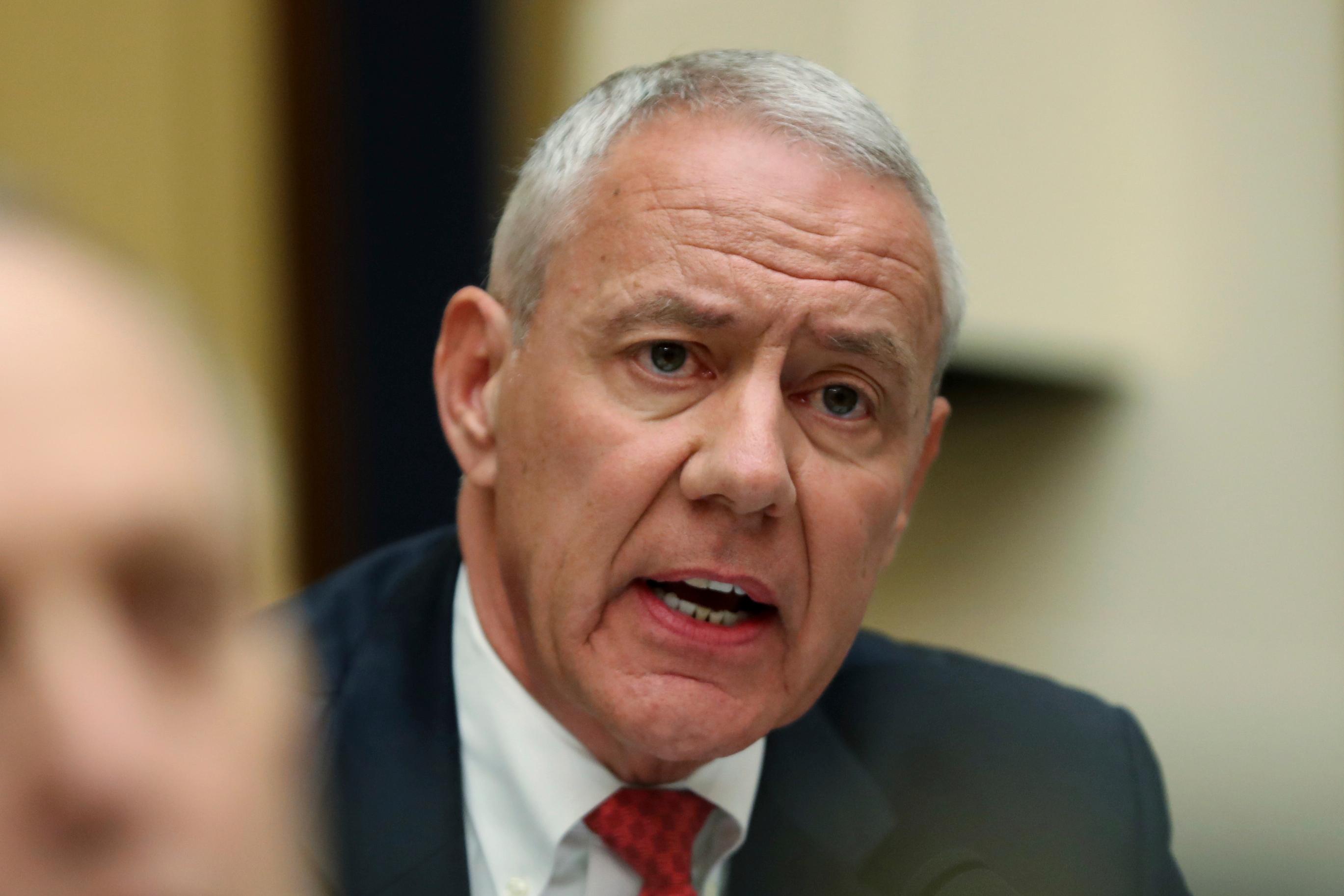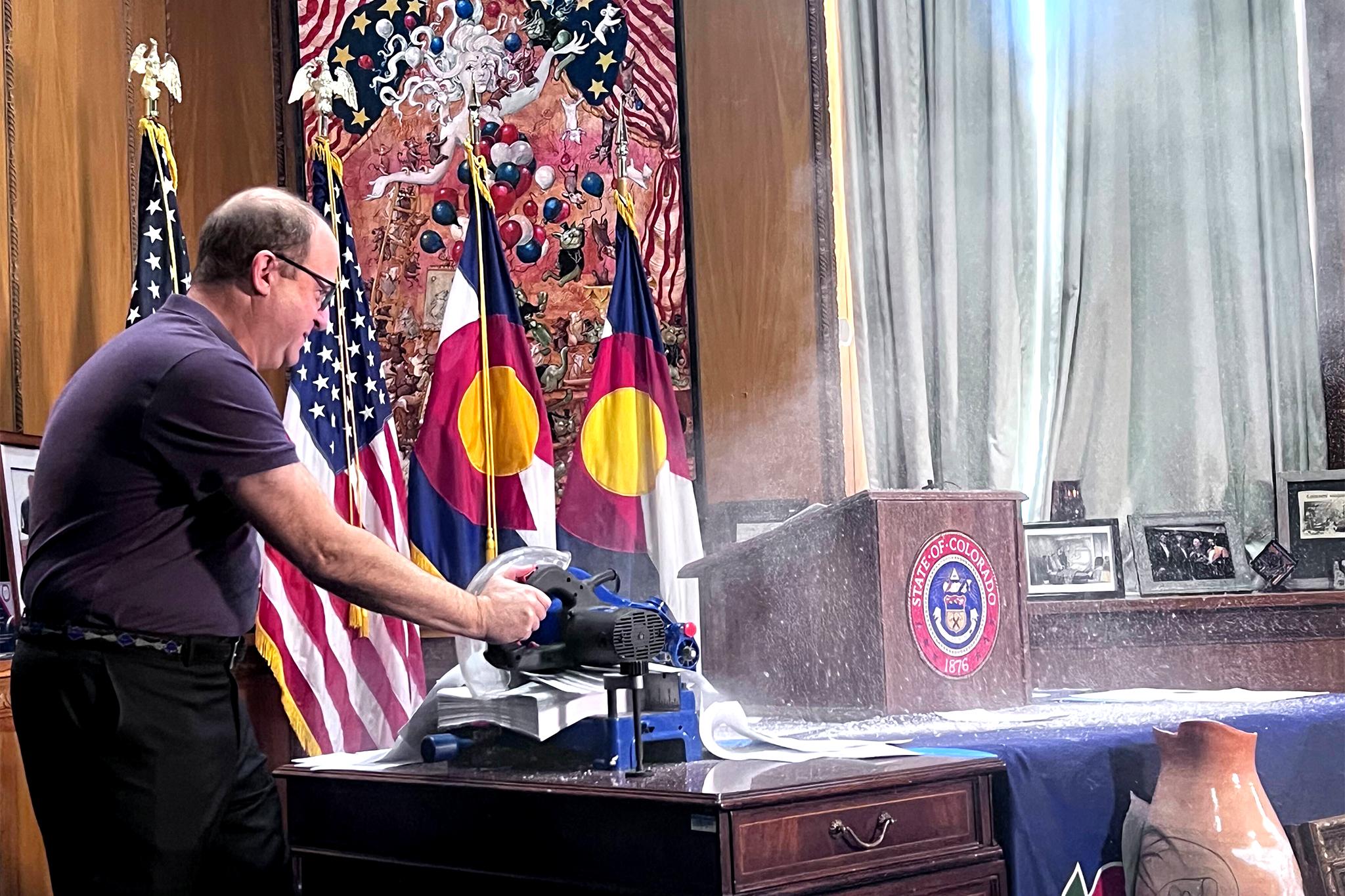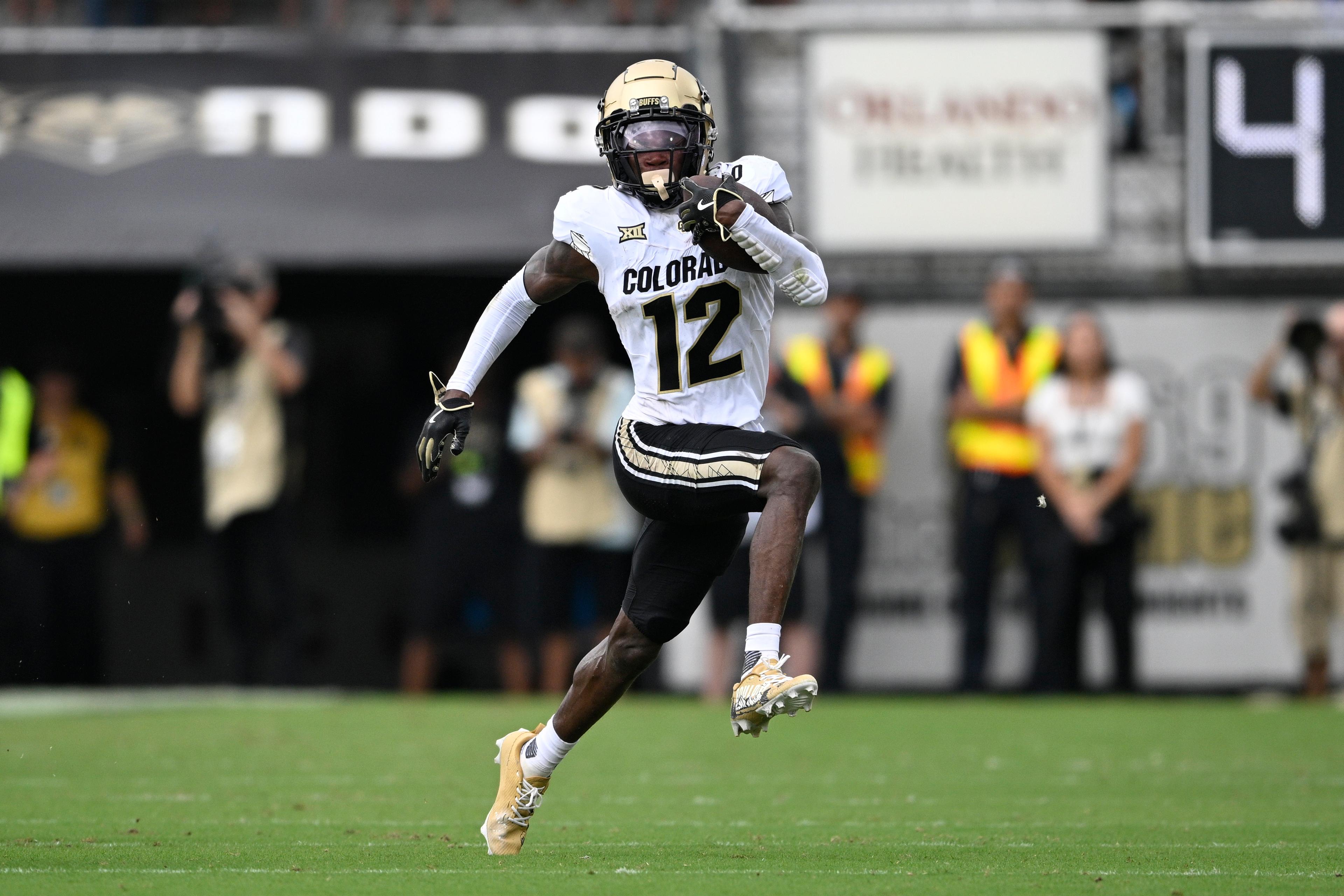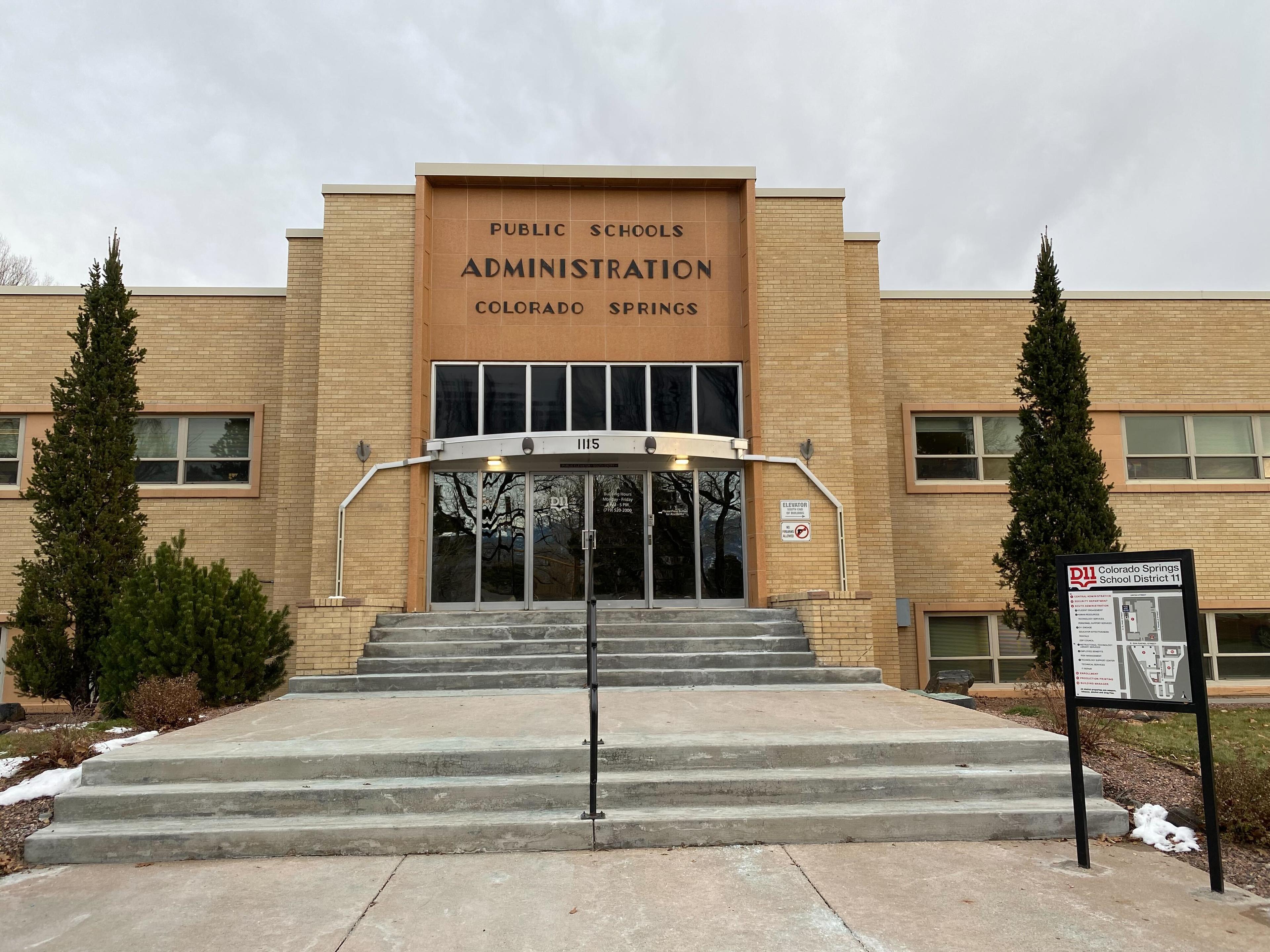
Colorado Reps. Ken Buck and Joe Neguse put their questions to former Special Counsel Robert Mueller during his testimony in the Judiciary hearing on Capitol Hill Wednesday.
Neguse said the hearing provided clarity and context. “The Special Counsel’s testimony, and him providing the factual findings that he reached and the conclusions that his team reached, was incredibly important for the American public to hear.”
But Buck doesn’t believe Mueller’s testimony will change anyone’s mind.
“I think both sides will run to their supporters and claim victory,” Buck said. “I don’t think his testimony enhanced much of the report.”
Questions from the two legislators were in line with their respective political parties.
Democrats focused on five incidents of obstruction laid out in the report.
Neguse used his time to question Mueller about a misleading statement the president asked his then-communications director Hope Hicks to issue about a meeting his son Donald Trump Jr. had with Russians at Trump Tower in July 2016 about “dirt” on the Clinton campaign.
“And according to Miss Hicks, the president still directed her to say the meeting was only about Russian adoption, correct?” Neguse asked Mueller.
“Correct,” he answered.
A common refrain heard from Democrats was that the president should not be above the law and that the Mueller report, contrary to past presidential tweets, did not exonerate the president.
On the other side, Republicans questioned the origins of the investigation and attacked Mueller’s team. And asked, over and over, why he declined to indict the president.
After praising Mueller for his past military and public service, Buck pivoted to criticize his handling of the investigation and report. “By listing the 10 factual situations and not reaching a conclusion about the merits of case, you unfairly shifted the burden of proof to the president, forcing him to prove his innocence, while denying him a legal form to do so,” Buck said.
Buck, himself a former prosecutor, also told Mueller that he never heard of a prosecutor declining a case.
He noted that Mueller made a decision on Russian interference, but when it came to obstruction, “You threw a bunch of stuff up against the wall to see what would stick and that is fundamentally unfair,” he said.
Committee members from both parties repeatedly returned to the question of why Mueller did not make a decision on whether obstruction charges should be brought against the president. The Office of Legal Counsel determined that a sitting president could not be prosecuted.
In arguing that Mueller neglected his responsibilities by not reaching a conclusion, Buck did ask if a president of the United States could be prosecuted when he left office.
Muller answered, “Yes.”
But Mueller clarified during his testimony in front of the House Permanent Select Committee on Intelligence that he was not opining on whether the president should be prosecuted or not.








